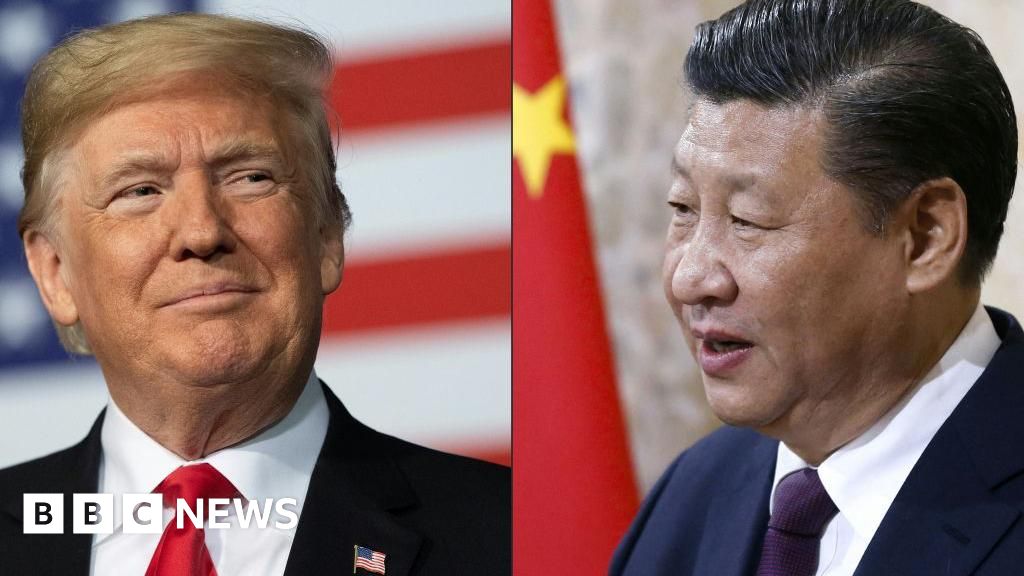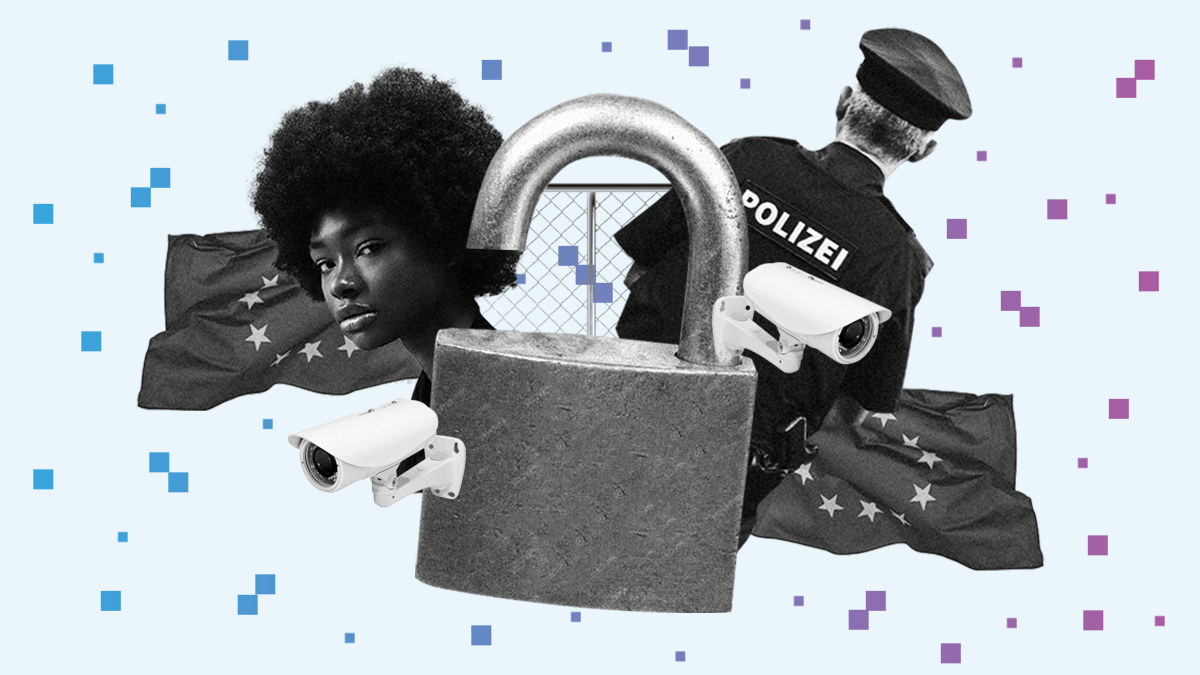Trump Considers Dismissing Federal Reserve Chair Jerome Powell Amid Monetary Policy Dispute

WASHINGTON: Tensions are rising between President Donald Trump and the Federal Reserve as his administration re-evaluates the possibility of dismissing Jerome Powell, the independent chair of the Federal Reserve. This information was shared on Friday, April 18, by Kevin Hassett, the director of the National Economic Council, during a press briefing with reporters.
When asked about the likelihood of Trump firing Powell, Hassett confirmed that the president and his team are actively considering the option. The president and his team will continue to study that matter, he stated, indicating that this issue is under close scrutiny at the highest levels of the government.
The discussion comes in the wake of Trump's escalating criticism of Powell and the Federal Reserve's monetary policy. Just one day prior, Trump intensified his long-standing feud with the Fed chair, accusing Powell of engaging in political maneuvering by failing to lower interest rates. The president, known for his direct and sometimes incendiary language, stated, "The Fed really owes it to the American people to get interest rates down. That's the only thing he's good for."
Trump's dissatisfaction with Powell is evident, as he continued to assert his authority over the independent institution by claiming, If I want him out of there, he'll be out real fast, believe me. Such remarks suggest a willingness to challenge the traditional independence of the Federal Reserve, which is a cornerstone of U.S. economic policy.
This ongoing saga highlights the precarious nature of the relationship between the Trump administration and the Federal Reserve, a relationship that has often been marked by tension. The possibility of firing Powell raises significant concerns among economists and market analysts, as such a move could lead to instability in both domestic and global financial markets. The Fed's decisions on interest rates directly impact economic growth, inflation, and unemployment rates, making its independence vital to maintaining confidence in U.S. economic policy.
These developments occur against the backdrop of a recovering economy that has largely been influenced by the Fed's monetary policies over the past few years. As the nation continues to navigate the economic challenges posed by the COVID-19 pandemic, any abrupt changes in leadership at the Federal Reserve could send shockwaves through financial markets. Observers are keenly watching to see if the president will follow through on his threats, which could have far-reaching implications.
This is a developing story, and updates are expected as the situation unfolds.


























